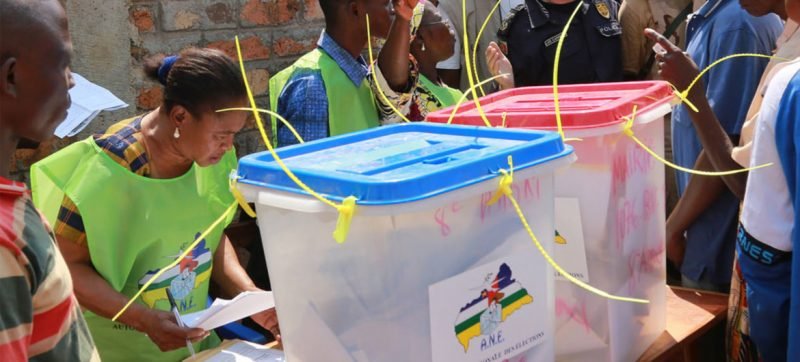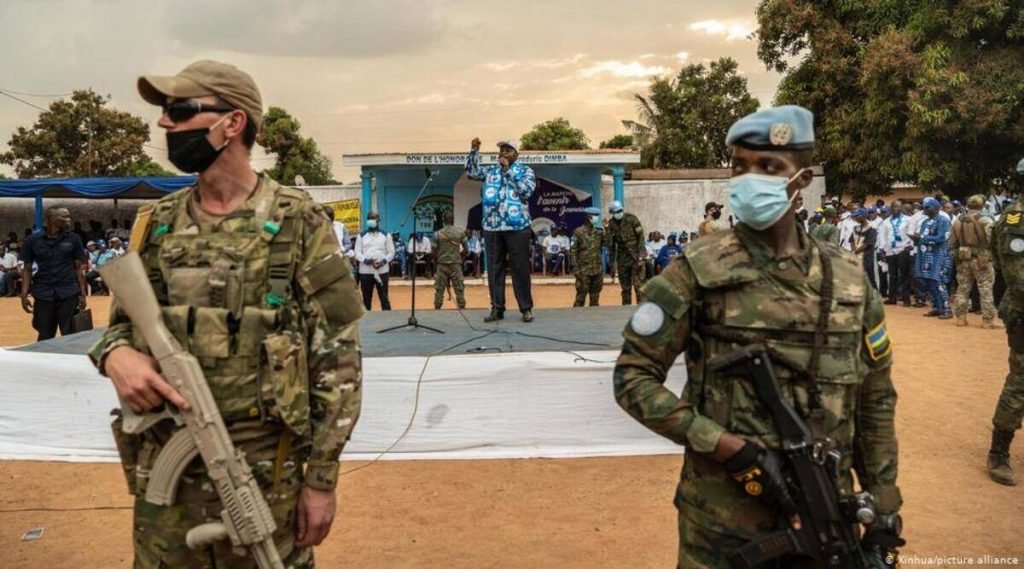Central African Republic votes amid tight security after December violence

Almost all polling stations in Central African Republic were able to open for a second round of parliamentary elections on Sunday, the electoral body said, amid heavy security to deter rebels who disrupted polls in December.
In Zado, a hillside village outside the capital Bangui, many residents had only recently returned to their homes after they fled fighting in January when the insurgents tried to seize power after the contested presidential election.
Local polling station director Emmanuel Maskemde said only 50 of 300 registered voters had so far turned up to cast their ballots.
“They have a lot to think about. Morale could be low,” he said.
In Bangui, small lines of residents could be seen waiting to vote as large numbers of police and gendarmes stood by.
National Elections Authority spokesman Théophile Momokoama said that only three or four polling stations across the country had not been able to open due to insecurity.
“The overall trend is positive,” he said.

Authorities are anxious to avoid a repeat of the turmoil surrounding December’s vote when President Faustin Archange Touadéra’s re-election was violently contested by the rebels, who the United Nations say are backed by former president François Bozizé.
The insurgents laid siege to Bangui in January, strangling food supplies, forcing more than 200,000 from their homes and raising concerns that the country was slipping back into the kind of sectarian conflict that has killed thousands over the past decade.
Sunday’s vote included run-off votes in 49 electoral districts and first round voting in 69 districts where violence stopped the vote from taking place in December.
While calmer, the current situation is far from stable. The gold- and diamond-rich nation of 4.7 million people has seen repeated bouts of violence since Bozizé’s ouster in 2013.
Some voters were determined to vote no matter the obstacles.
“It is my right and my civic duty,” said displaced Zado resident Eric Malingapa, who had walked 5 km (about 3 miles) in the blazing sun to reach the polling station.
Writing by Alessandra Prentice; Editing by Nick Macfie – Reuters


















